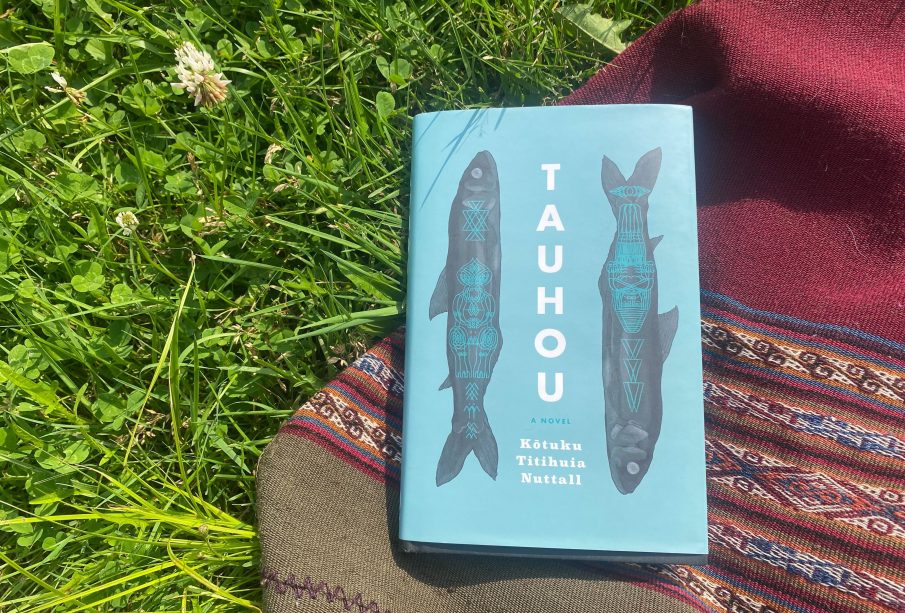
As many books are wont to do, Tauhou invites readers to an alternate world
An integral part of summer for readers such as myself is my summer reading list.
With the passing of National Indigenous History Month in June, this month offers us the opportunity to reflect on the ways in which we incorporate Indigenous history into our lives every day of the year.
I invite you to read and explore the work of Coast Salish and Māori author Kōtuku Titihuia Nuttall whose recently released novel Tauhou has made its way into my hands and remained in my thoughts long after putting it down. As we read together this summer on Indigenous lands, most of which are colonially occupied and stolen, Tauhou invites us to visualize an alternate post-colonial world.
Tauhou includes themes of Indigenous families, womanhood, and post-coloniality. It is both a testament to the resilience of Indigenous women and the power of kinship. Sometimes fable, sometimes historical fiction, poetry, and autobiographical, this work is perhaps best described as a hybrid novel. It is an exploration set within the Canadian geography of Vancouver Island and Aotearoa, New Zealand, both of which are connected by the ocean they share.
Resonant with this connective element between space are the words of Tongan and Fijian anthropologist Epeli Hau’ofa, who writes, “our ancestors who lived in the Pacific for over 2,000 years viewed their world as a sea of islands, rather than islands in the sea.” The positioning of Vancouver Island and Aotearoa as sitting side-by-side within the Pacific Ocean brings us to the off-page possibility of considering what it means to see the ocean not as an object of disconnection, but one that weaves us together and includes Turtle Island.
Each chapter offers the reader something different, be it a memoir, a poem, an account of the apocalypse, or a story about a monster. Each chapter illustrates the power of words and works to transform our imaginings of shared geography and a post-colonial future. Like the waves of the Pacific Ocean that tie this collection of stories together, the reader is gently ‘taken out to sea’ and invited to embark on a journey through time, cultures, and space.
In a recent interview with Vic Books, Nuttall shared how the writing of the novel stemmed from a combination of intuitive writing, inspiration from other Indigenous authors, and coming to terms with an artistic outcome that may look different from Euro-centric understandings of literary works. In large, Nuttall’s inspiration for the novel was her own family, her whakapapa, and her childhood split between two places and two Indigenous cultures.
In 2022 Nuttall began a Ph.D. at the Victoria University of Wellington and is focused on developing a methodology to support Indigenous authors emotionally, intellectually, and spiritually while writing. As part of the completion of her Ph.D., she is working on a new novel described as “Native horror.” The forthcoming novel will be divided into three sections, each following a different generation of Indigenous people navigating the impacts of a race-based human experiment.









